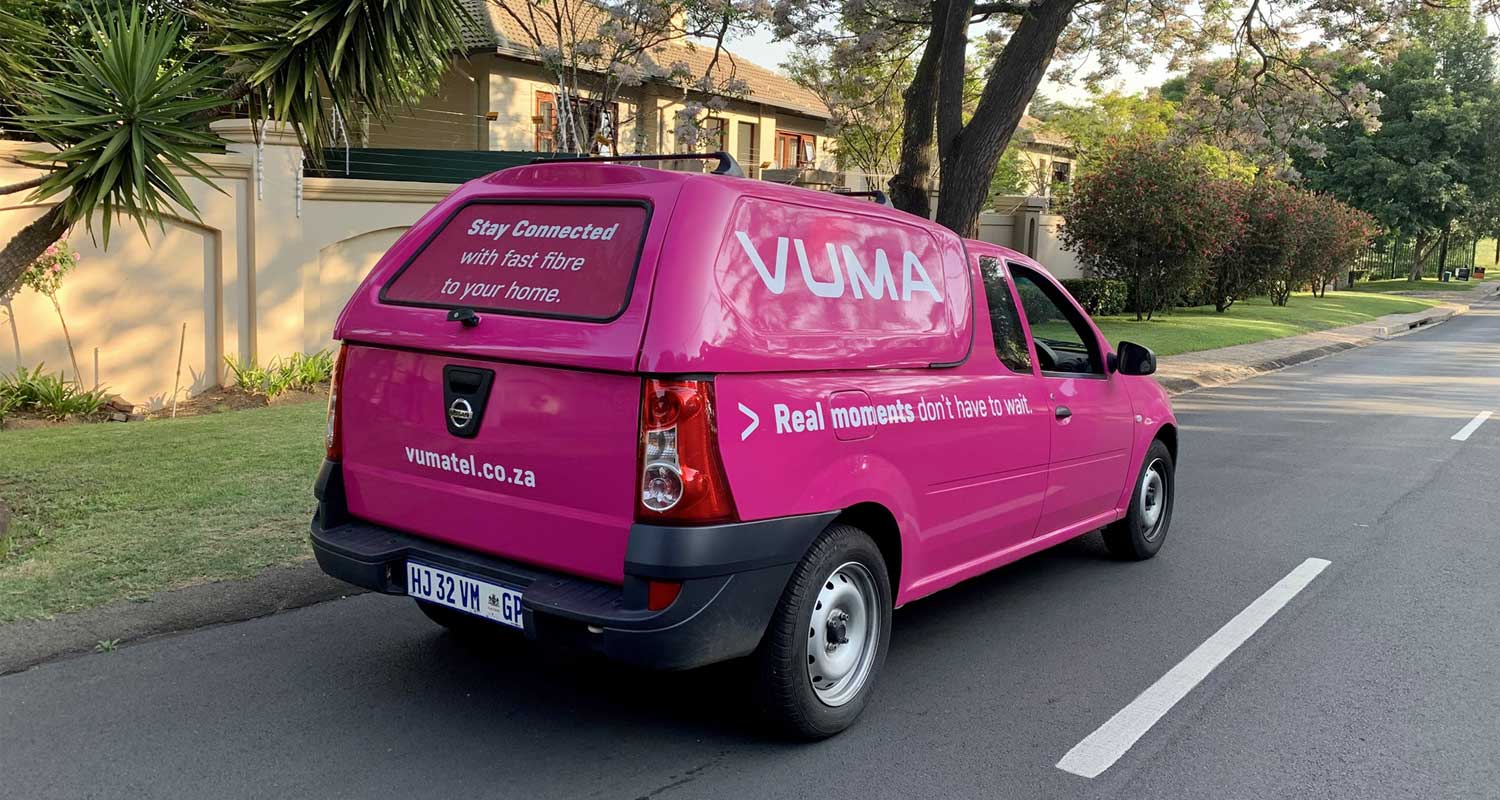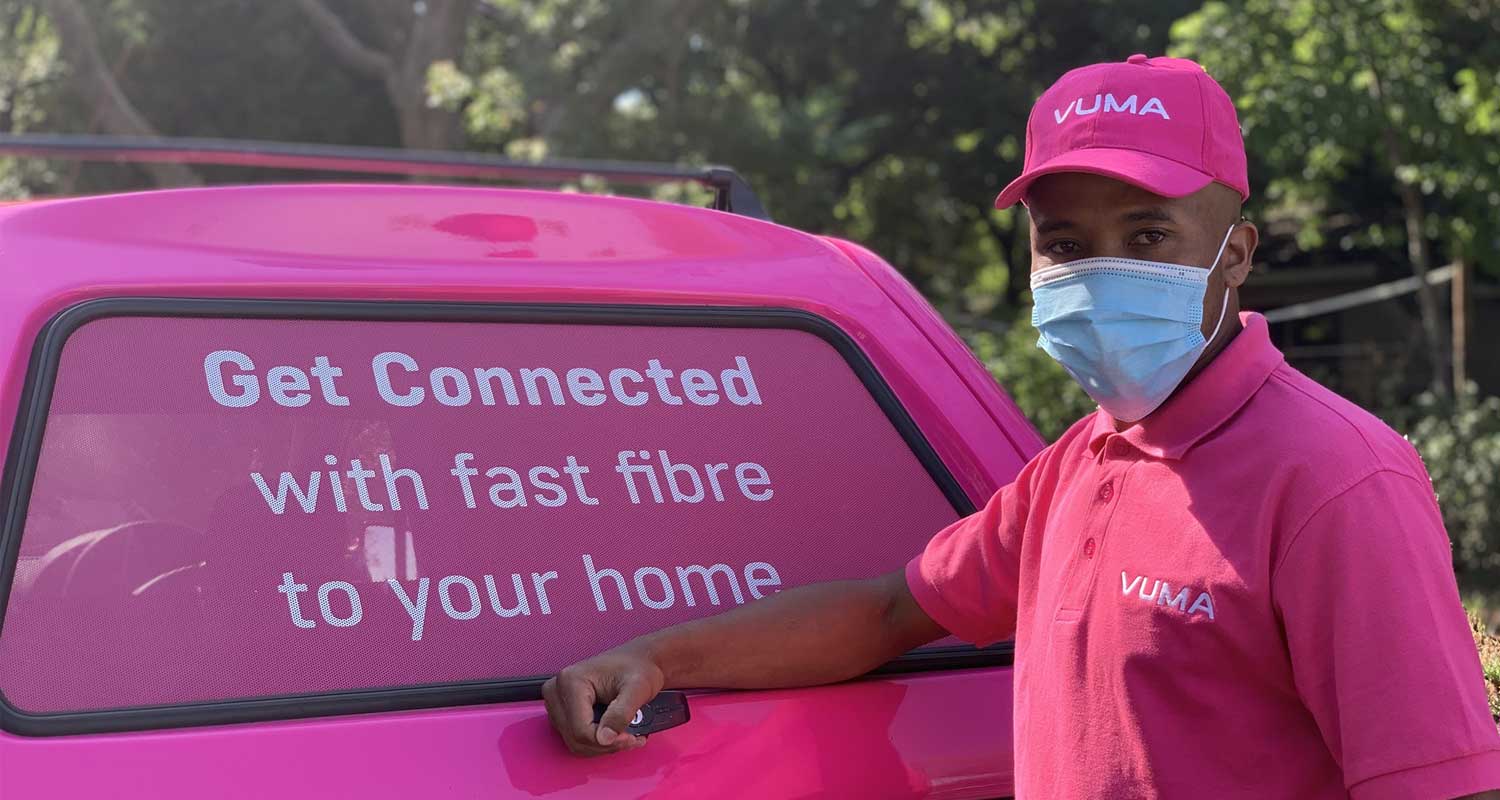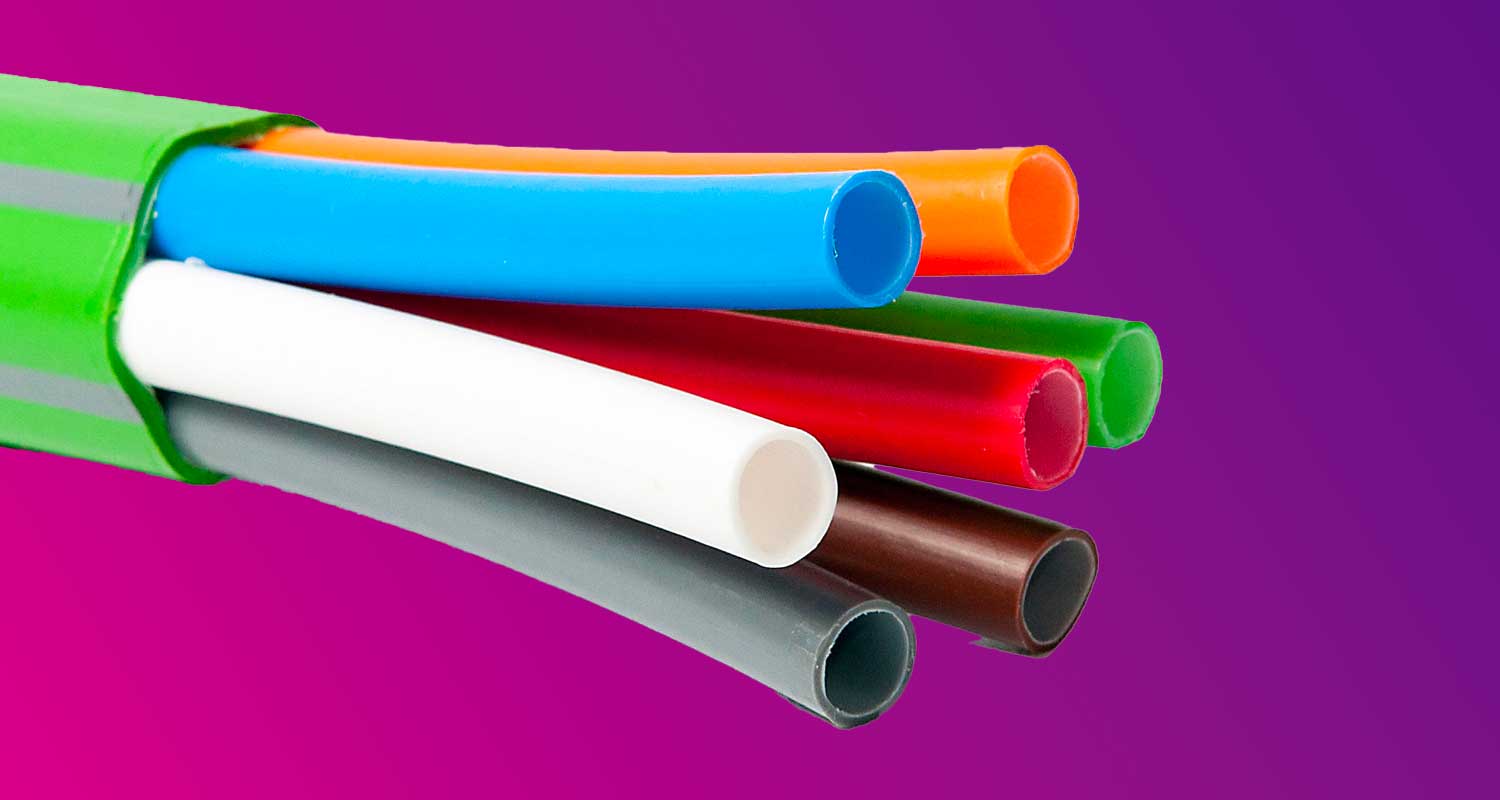 This Monday sees the start of two months of Competition Tribunal hearings into Vodacom Group’s planned acquisition of a 30-40% stake in Maziv, the parent company of fibre operators Vumatel and Dark Fibre Africa.
This Monday sees the start of two months of Competition Tribunal hearings into Vodacom Group’s planned acquisition of a 30-40% stake in Maziv, the parent company of fibre operators Vumatel and Dark Fibre Africa.
The Competition Commission last August recommended the deal be blocked on competition grounds. The tribunal will now hear arguments from a range of industry players, including Vodacom and Maziv, with the hearings set to conclude on 19 July. The specific dates set down for the hearings are 20-24 May, 27-28 May, 30-31 May, 3-4 June, 10-14 June and 18-19 July.
“The commission found that the merger is likely to substantially prevent or lessen competition in several markets and that the merging parties’ tendered conditions do not address the competition concerns likely to arise from the proposed transaction,” the tribunal said on Sunday, ahead of the start of the hearings.
The commission said the “public interest commitments” made by Vodacom and Maziv were “not substantial enough to motivate for the approval of the transaction on public interest grounds”.
The in-person hearings will kick off at 10am on Monday and will be live-streamed. They are expected to conclude on 19 June. Other than the merging parties, those scheduled to make presentations to the tribunal include MTN, Rain and the Communication Workers Union. The tribunal said it will also hear “expert economic evidence”.
The Competition Commission shocked the merging parties – and the rest of the industry – in August 2023 when it recommended that the deal be prohibited.
Merged entity
The commission, which had taken a considerable amount of time to investigate the transaction, recommended that the deal be blocked on competition concerns.
Under the deal, Vodacom was going to contribute its fibre assets to the merged entity, which would have made its infrastructure available on an open-access basis to internet service providers. It had been expected the deal would be approved, but with customary conditions.
The decision by the commission to block the deal sent shockwaves through the local telecoms industry, which had expected a wave of consolidation on the back of it. It also threw a big spanner in the works for Remgro, the largest shareholder in Maziv shareholder CIVH, which had seen the Vodacom transaction as a way of dealing with the company’s debt.
Read: Vumatel tops 2 million homes passed with fibre
According to commission, 5G fixed-wireless access (FWA) services and fibre compete in the same market and consumers “stand to benefit from increasing competitive rivalry between FWA and fibre”.
“The proposed merger will result in the loss of direct competition between Vodacom and Maziv in the areas where both [companies] have deployed fibre. The commission’s investigation has shown that fibre players tend to reduce prices in areas where more than one fibre network provider has deployed fibre. This price competition is lost with the merger,” it said when announcing its decision last August.
 “Importantly, the proposed merger is also likely to result in the prevention or lessening of future competition in relation to fibre and 5G FWA. Both Maziv and Vodacom have significant pre-merger plans to expand coverage, particularly in underserved low-income areas. Vodacom, through its spectrum allocation obligations, and Maziv, through its planned Vumatel roll-out plans, are both investing in infrastructure roll-out to target underserved low-income and more rural consumers.
“Importantly, the proposed merger is also likely to result in the prevention or lessening of future competition in relation to fibre and 5G FWA. Both Maziv and Vodacom have significant pre-merger plans to expand coverage, particularly in underserved low-income areas. Vodacom, through its spectrum allocation obligations, and Maziv, through its planned Vumatel roll-out plans, are both investing in infrastructure roll-out to target underserved low-income and more rural consumers.
“These expansion plans would bring benefits of price competition and consumer choice to underserved or unserved consumers. The proposed merger will likely prevent or lessen this competitive rivalry and deprive low-income consumers of the benefits that fixed competition exerts on mobile products as currently enjoyed by wealthier and urban consumers in South Africa,” the commission said.
“In addition, the evidence shows that fibre exerts a constraint on the extent to which mobile operators can set prices for mobile data more generally. The merger will reduce this constraint.”
It said, too, that its investigation “identified several concerns about incentives for self-preferencing and foreclosure of competitors post-merger”.
“One concern arises from the fact that mobile network operators rely on Maziv, and [its subsidiary Dark Fibre Africa] specifically, to a varying but significant degree for fibre backhaul and metropolitan connectivity services to provide mobile retail services. The merger creates the ability and (increased) incentive to partially foreclose or otherwise disadvantage rival mobile operators. Similarly, providers of lit fibre-to-the-business services rely on the merger parties, and particularly DFA, to a significant but varying degree for dark (unlit) fibre. The merger amplifies the merged entity’s incentive to preference their own retail businesses over those of competitors.”
The commission claimed, too, that there were “no significant benefits arising from the proposed merger that were not already independently planned prior to the merger or not already in place”.
Vodacom ‘disappointed’
“The supposed benefits of Maziv’s open-access regime have not been universally confirmed by the investigation; instead, evidence and allegations of self-preferencing behaviour and discriminatory pricing have arisen. The merger is likely to further reinforce the incentives for self-preferencing and discriminatory behaviour,” it said.
Vodacom said at the time that it was “disappointed” in the commission’s recommendation to seek to block the deal, but said it would fight the decision at the tribunal.
Under the deal, Vodacom was going to contribute its fibre assets to the merged entity, which would have made its infrastructure available on an open-access basis to internet service providers.
Read: Ispa worried over Vodacom’s plans for Vumatel, DFA
“Looking forward to the process with the Competition Tribunal, Vodacom intends to showcase the strong public interest and pro-competitive advantages that the proposed transaction would have on the fibre market, and the country as a whole,” the company said.
“In Vodacom’s view, the proposed transaction will, in fact, help bridge the digital divide and enhance competition in the fibre market as the parties have made a firm commitment to ensuring access to Maziv’s fibre assets – including Vodacom’s fibre assets contributed as part of the transaction – will be made available through an open-access, non-discriminatory pricing model.”
 It said the deal, if it happened, would “significantly propel South Africa’s social development and would be highly beneficial for the country, the economy and lower-income households”.
It said the deal, if it happened, would “significantly propel South Africa’s social development and would be highly beneficial for the country, the economy and lower-income households”.
It said as part of the deal, Maziv agreed to invest more than R10-billion over five years to pass at least a million new homes, many of them in low-income communities, with broadband fibre.
“The investment by Vodacom, in excess of R13-billion into South Africa through this transaction, would come at a time when attracting capital investment is particularly challenging. This level of investment cannot be made by Maziv alone.”
“We firmly believe that the transaction will deliver substantial benefits to both the South African consumer and the economy. Vodacom’s planned investment holds particular significance as a considerable proportion will be focused on developing new fibre infrastructure at a time when attracting capital investment is particularly challenging.” – © 2024 NewsCentral Media




